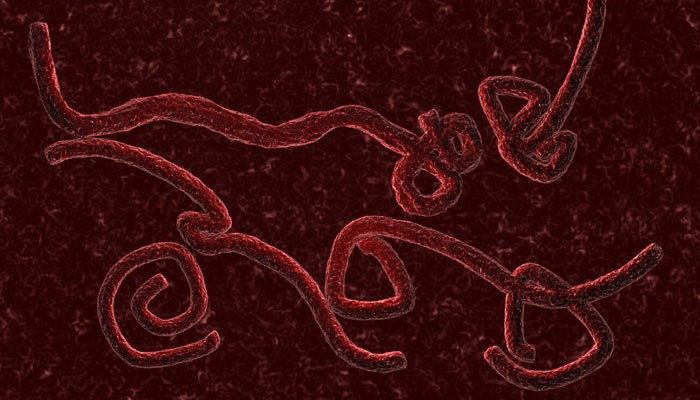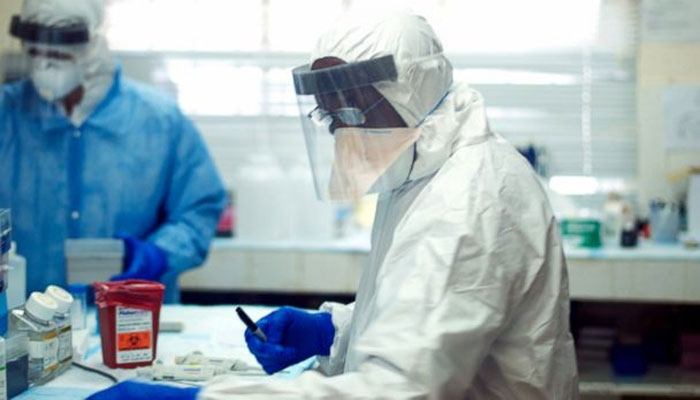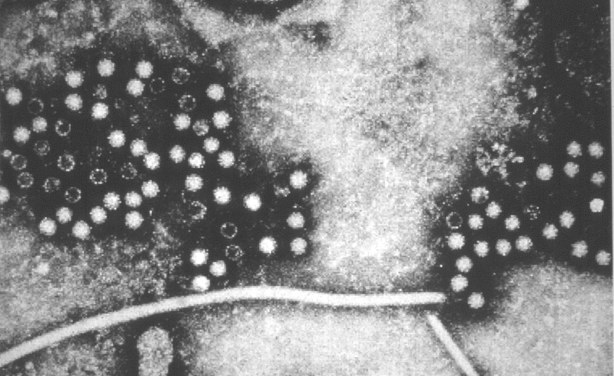High levels of calcium in blood, a condition known as hypercalcaemia, can be used by doctors as an early indication of certain types of cancer, says a study, indicating that a simple blood test may help prevent the deadly disease. The risk is particularly prominent among men.
While the connection of hypercalcaemia to cancer is well known, this study has, for the first time, shown that often it can predate the diagnosis of cancer in primary care. Hypercalcaemia is the most common metabolic disorder associated with cancer, occurring in 10 to 20 percent of people with cancer.
“We wanted to look at the issue from a different perspective and find out if high calcium levels in blood could be used as an early indicator of cancer and therefore in the diagnosis of cancer,” said Fergus Hamilton, who led the research from University of Bristol in Britain. For the study, the researchers analysed the electronic records of 54,000 patients who had elevated levels of calcium and looked at how many of them went on to receive a cancer diagnosis.
In men, even mild hypercalcaemia conferred a risk of cancer in one year of 11.5 percent. If the calcium was above limits, the risk increased to 28 percent. In women, the risks were much less, with the corresponding figures being 4.1 percent and 8.7 percent.
In men, 81 percent of the cancer associated with hypercalcaemia was caused by lung, prostate, myeloma, colorectal and other haematological cancers.
In women, cancer was much less common.
There are a number of possible explanations for this but we think it might be because women are much more likely to have hyperparathyroidism, another cause of hypercalcaemia, Hamilton added. “Men rarely get this condition, so their hypercalcaemia is more likely to be due to cancer,” he explained.
The study appeared in the British Journal of Cancer.
Source: mid day






